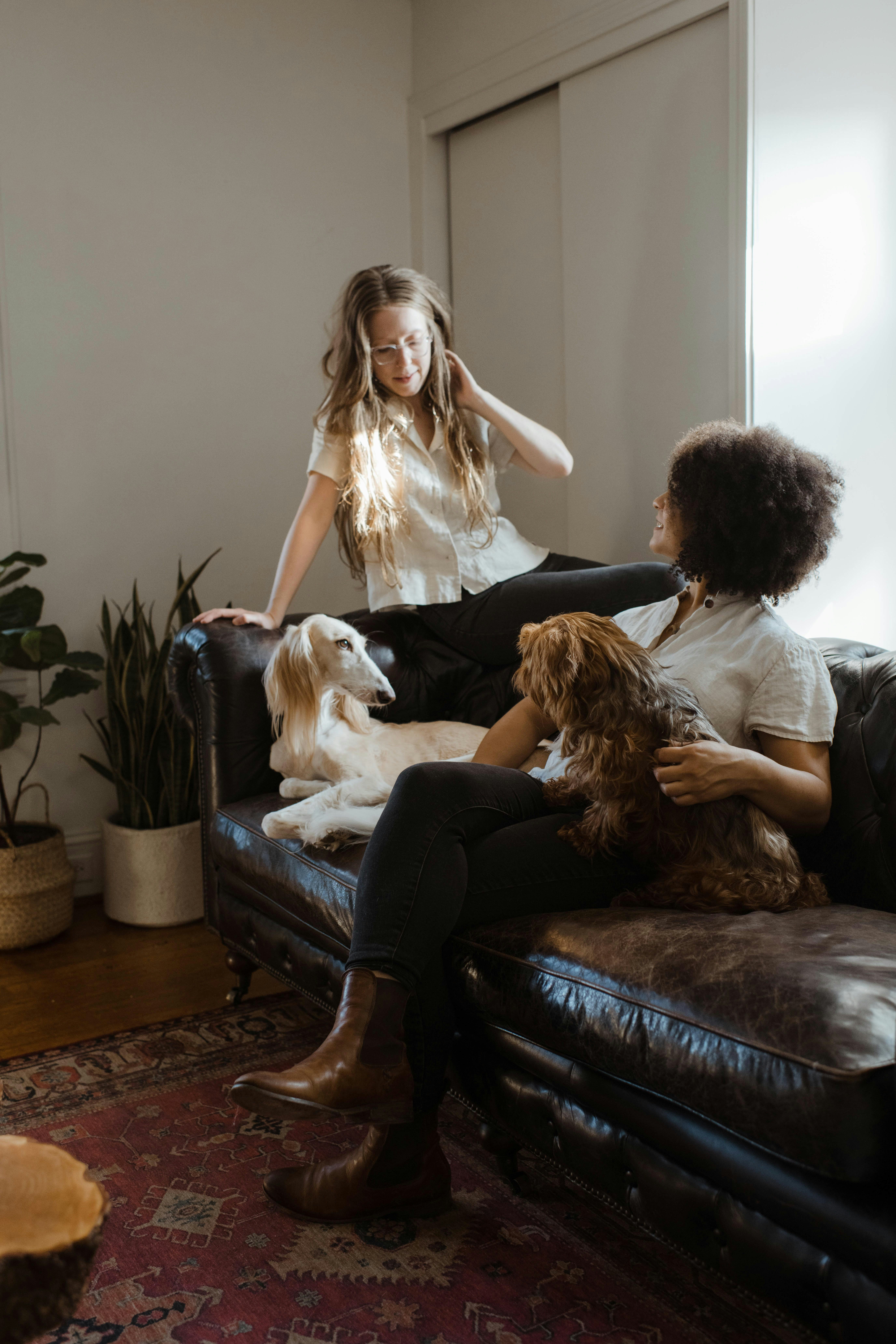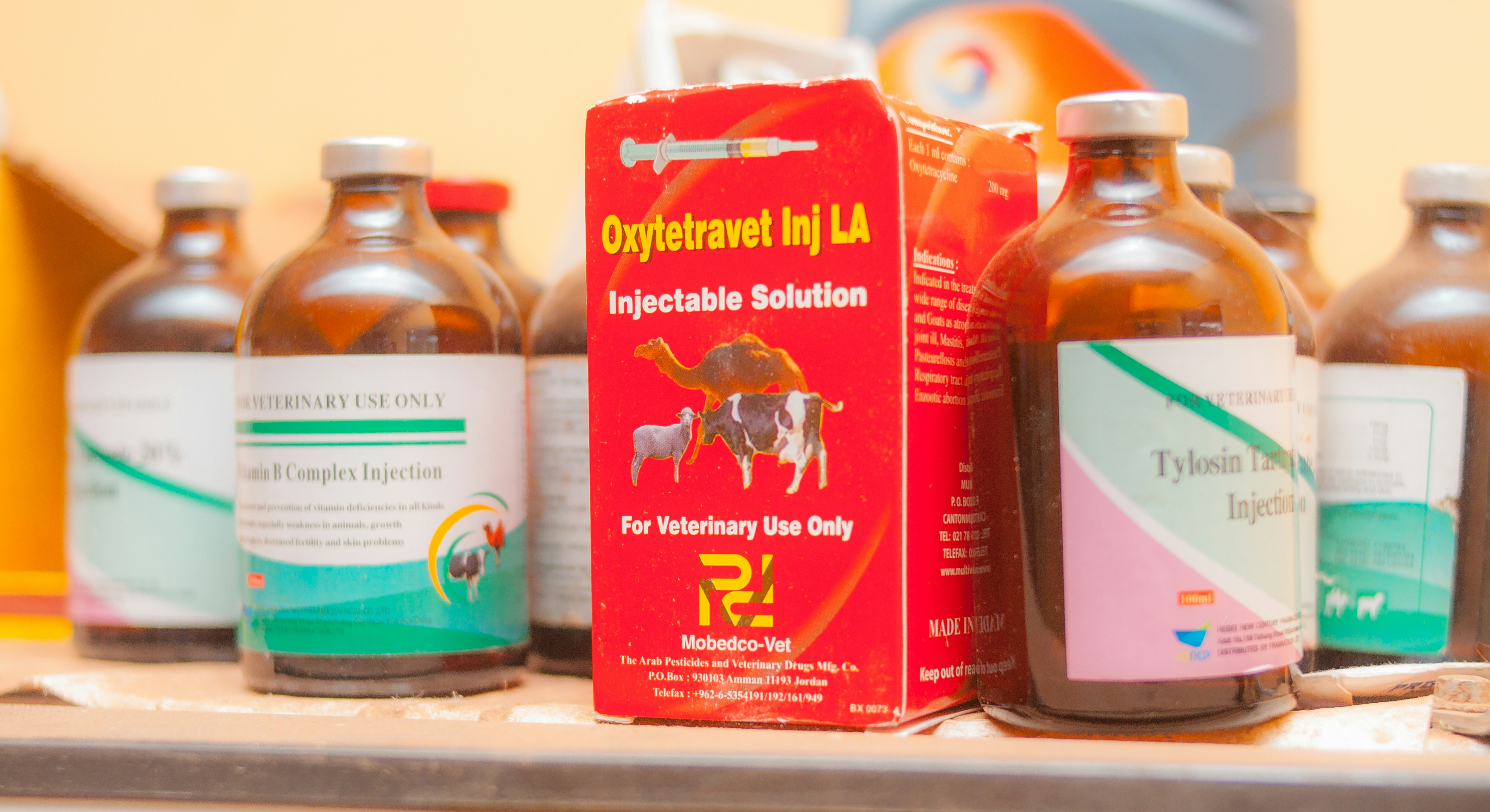As our furry friends age, they require extra care and attention to ensure their happiness and well-being. Senior dogs have different needs compared to younger dogs, and it’s important for dog owners to be aware of these changes and adapt their care routines accordingly. In this blog post, we will provide you with some valuable tips on how to keep your senior dog happy and healthy.
1. Regular Veterinary Check-ups
Regular visits to the veterinarian are crucial for senior dogs. Your vet will be able to assess your dog’s overall health, identify any potential issues, and recommend appropriate treatments or dietary changes. These check-ups can help catch and address health problems early, increasing the chances of successful treatment.
2. Balanced Diet
A well-balanced diet is essential for senior dogs. As dogs age, their metabolism slows down, and they may require fewer calories. However, their nutritional needs may change, and they may need more of certain nutrients, such as joint-supporting supplements or foods rich in antioxidants. Consult your vet to determine the best diet for your senior dog.
3. Regular Exercise
While senior dogs may not be as energetic as their younger counterparts, regular exercise is still important for their physical and mental well-being. Tailor the exercise routine to your dog’s abilities and limitations. Gentle walks, swimming, or low-impact activities can help keep their joints mobile and prevent obesity.
4. Joint Care
Joint problems, such as arthritis, are common in senior dogs. Provide your dog with a comfortable bed or orthopedic mattress to support their joints while they rest. Additionally, there are various joint supplements available that can help alleviate discomfort and promote joint health. Consult your vet for suitable options.
5. Mental Stimulation
Keeping your senior dog mentally stimulated is important for their overall well-being. Engage them in interactive play, puzzle toys, or obedience training sessions. These activities can help prevent cognitive decline and keep their minds sharp.
6. Dental Care
Oral health is often overlooked in senior dogs. Dental issues can lead to pain, difficulty eating, and other health problems. Regularly brush your dog’s teeth and provide them with dental chews or toys to help keep their teeth clean and healthy.
7. Comfortable Environment
Create a comfortable and safe environment for your senior dog. Provide them with a warm and cozy bed, easy access to water and food, and ensure that their living space is free from hazards. Consider using ramps or stairs to help them navigate elevated surfaces more easily.
8. Regular Grooming
Senior dogs may require more frequent grooming to maintain their coat and skin health. Regular brushing helps remove loose hair and prevents matting. Additionally, check your dog’s ears, eyes, and nails regularly for any signs of infection or overgrowth.
Product Reviews and Recommendations
In addition to these tips, our blog specializes in providing product reviews and recommendations for dog products specifically designed for senior dogs. We understand that finding the right products for your senior dog can be overwhelming, so we aim to provide you with unbiased and informative reviews to help you make the best choices for your furry friend.
Remember, every dog is unique, and what works for one may not work for another. It’s essential to consult with your veterinarian before making any significant changes to your senior dog’s care routine. With proper care, attention, and love, you can ensure that your senior dog enjoys a happy and healthy life.
RELATED POSTS
View all


